Southern amateur music, with more than a century of existence and development, has become a cultural identity in the lives of people in the West.
Don ca tai tu - the "soul" of the South - transcends space and time with its intense vitality.
* * *
"Many people in the South are attached to the instrument all their lives, my father is proof. Although he is a farmer, he has a very artistic personality. No one knows who he learned from or when, but he knows how to play almost all traditional musical instruments. Therefore, my house is often a place for singing and activities after a hard day's work" - Uncle Sau Hau, originally from Ca Mau, recalls.
Nearly 100 years old this year, Uncle Sau is one of the witnesses to the formation and development of the Southern amateur music art form. He said that around 1972, when his family was still in Gia Rai - Bac Lieu, the house was hit by an oil bomb, all documents and property were burned. But his father was saddest when the set of zithers, dipper, gourd... burned down.
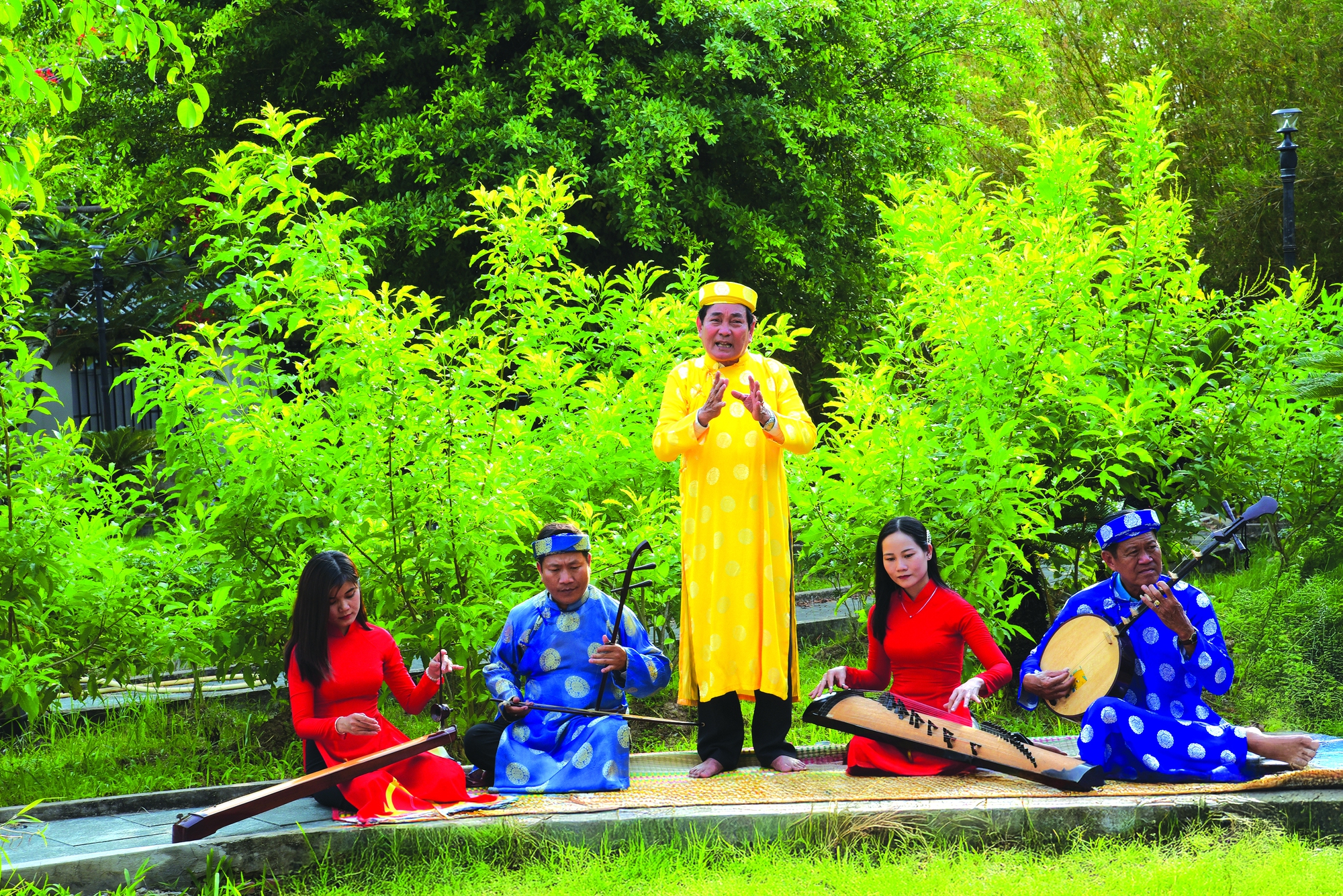
Going to the South to listen to the music... Photo: Phan Thanh Cuong
"The instrument has been with my father for decades, bringing joy to the poor people in the neighborhood. Later, I asked a craftsman to remake the instrument, but those instruments no longer had any scratches or marks of my father's beloved hands" - Uncle Sau said sadly.
Through their father, Uncle Sau's siblings all knew how to play and sing. He felt: "Don ca tai tu with its melodious sound and voice, contains the character of the Western people who are open-minded, sharing, like to make friends, accept new things, new friends in the face of harsh nature, and lurking risks... When he was old, the family moved to Can Tho, my father was still very attached to this art form until the day he passed away"...

Amateur music exchange Photo: Vu Thong Nhat
Nearly 20 years ago, I was very surprised and excited to attend a "death anniversary" in Ca Mau. The thatched house was shabby but the walls were full of zithers, guitars with concave keys, and song lang... "I held the death anniversary to show gratitude to my ancestors. Thanks to the music and songs, the neighbors were united day and night" - the homeowner revealed. That night, he and his friends played and sang enthusiastically until morning. As an "amateur", playing the guitar for fun, he was very affectionate.
On this fertile alluvial land, children in cradles and hammocks already know how to blink their eyes with joy when they hear their parents "come down". Don ca tai tu blends with the blood and flesh of all three typical "cultural layers" of the delta residents: rivers, fields, and gardens.
Artists and amateurs are in the blood of many generations of residents here. They play and sing as if they were working in the fields and gardens; as if they were swimming in the canals and streams. In the house, in the garden or by the fields and riverbanks, just rubbing their feet, climbing up on the mat, drinking a glass of rice wine, "pouring" a few sentimental lines or tuning the strings and playing a few beats, strangers become brothers. Amateur music has also followed the Vietnamese to Australia, France, America, Canada...
* * *
Before Tet 2019, I went to Cao Lanh - Dong Thap to talk with musician Vinh Bao, the "living treasure" of Southern traditional music, who was 102 years old at that time. Witnessing his sensitivity, intelligence, humor and the "silkworm spinning silk" career that was strongly fused in his blood and flesh, I realized many things about the magical transformation of Don Ca Tai Tu.
If Western music requires 7 notes to express, Vietnamese people only need pentatonic scales and 5 strings to be able to stir people's hearts, creating countless sweet and rich melodies, expressing all the states of joy, anger, love, and hate. "Da co hoai lang" by artist Cao Van Lau is excellent because of its deep melody and lyrics full of emotions. "Tu dai oan" is poignant and touching, calming people's hearts; "Hanh van" and "Xuan tinh" are cheerful and bustling...
"Now the silkworm life is over/Send it to the old friend, even if it's too late..." - just after finishing the "Nam Ai" song, Mr. Vinh Bao's fingers suddenly flexibly plucked, pressed, pressed, and pressed... on the zither keys. The smooth, melodious music of "Liu Thuy Truong" continued to flow. "Don ca tai tu is not only for entertainment but also teaches the philosophy of humanity in life, the drifting fate of people. Playing and teaching the zither is also to return to the roots of our ancestors" - the late musician emphasized.
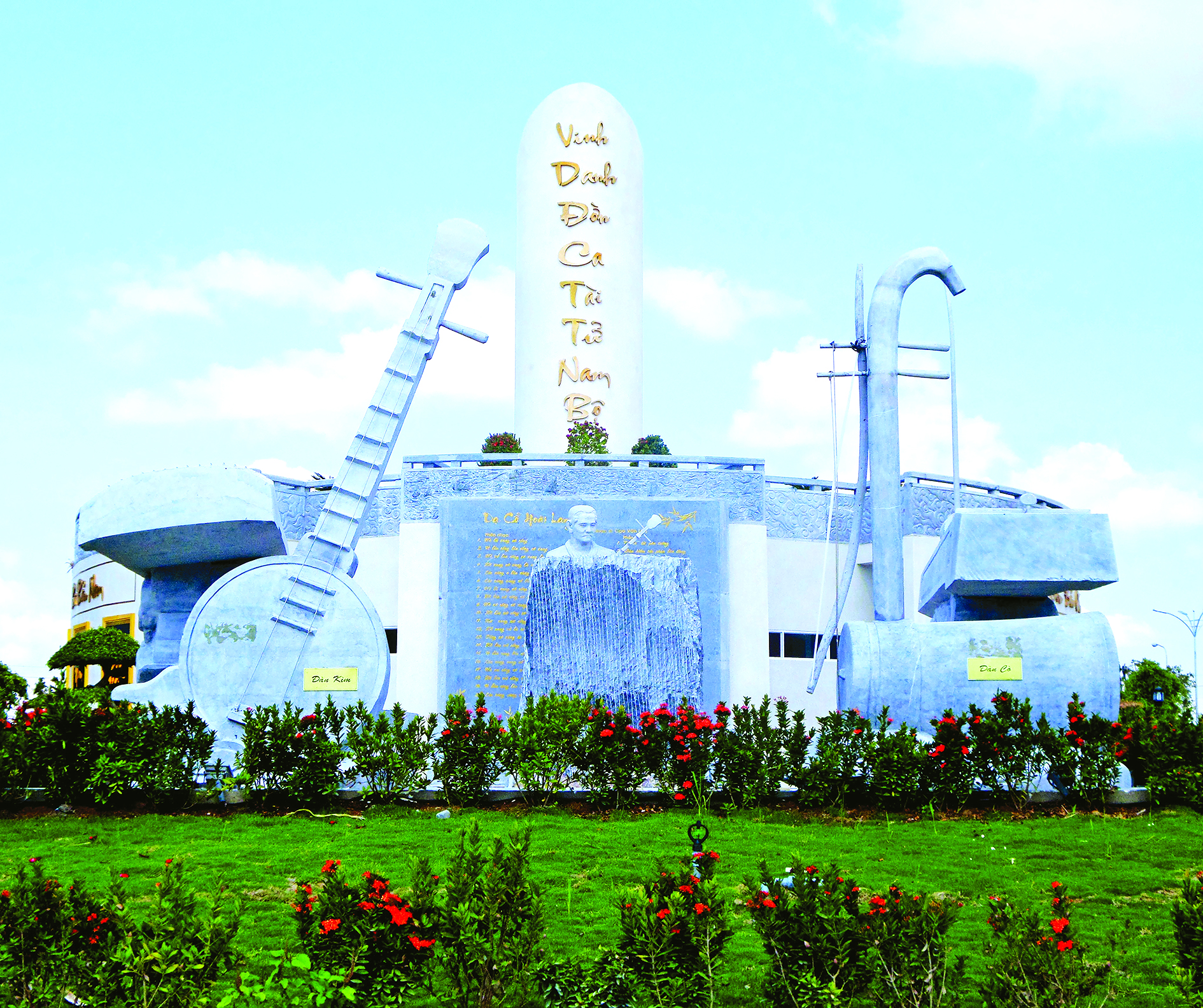
Bac Lieu honors and preserves amateur music
Don ca tai tu is imbued with the love of the land and people of the South. It is an art form that is both scholarly and folk. Its liberal, unconstrained, and unorthodox features are evident in the rhythmic changes, from 2-beat, 4-beat to 16-beat, 32-beat, 64-beat - like the persistent and resilient footprints of our ancestors in reclaiming and opening up new lands.
The traditional folk music pieces 6 Bac, 3 Nam, 7 Ha, 4 Oan blend with musical instruments such as kim, co, tranh, flute, bau... creating a harmonious, evocative, and attractive atmosphere. The "words of the instrument" alone show the talent and talent. If the playing is not embellished, not "freely", the music is like a moonless night, like a dry river...
In 1972, musician Vinh Bao and Professor Tran Van Khe performed and recorded the disc "Southern Amateur Music" for Ocora and UNESCO in Paris, France. Thanks to his talented playing, he received the Medal of Arts and Literature from the French Government. The discs of Southern Amateur Music performed by three great talents - musician Vinh Bao, Professor Tran Van Khe and musician Nguyen Huu Ba - were all on the best-selling list at one time.
* * *
Don ca tai tu has had a strong vitality for a century thanks to the perfect combination of art and folk, community connection, creative flexibility, cultural and historical value. Is there any art form that in the South alone, by 2011, had up to 2,500 clubs, groups, and families with tens of thousands of participants?
It is a creative and admirable artistic journey of our ancestors along with the dedication and passion of the Southern people. Musician Vinh Bao, at over 100 years old, still goes online to teach traditional music to young people, including foreign students. As for Professor Tran Van Khe, everyone was moved when seeing him in a wheelchair, being carried up the steps into the hall and speaking at the conference to find solutions to preserve the art of Don Ca Tai Tu in Bac Lieu in 2014. They all grew up in the cradle of Southern amateur music and all have been passionate and dedicated to this art form their whole lives.
That passion still burns brightly and spreads to many places. People's Artist Truong Ut - living in Can Tho City, who has been involved in amateur singing for more than 40 years - believes that if we maintain the roots, the branches will grow. The origin of the Ca Ra Bo genre, the predecessor of today's Cai Luong, was amateur singing.
According to Meritorious Artist Truc Linh in Can Tho, many years ago, Western music researchers traveled to Vietnam to record all the traditional music and folk music, and she was one of the invited people. After recording, they brought everything back.
When artist Linh Huyen just "drafted" a part of "Da co hoai lang", director Miguel and co-writer Fazendeiro were moved and immediately included it in the script; contributing to helping "Grand Tour" win the Best Director Award at the 2024 Cannes Film Festival.
In Can Tho, the "art museum" of the artist couple Tran Thien - Kieu My Dung is well-known. Although they have retired for a long time, they still tirelessly "spin silk" for the younger generation. Don ca tai tu is also taught through online classes on TikTok, Facebook, YouTube... with tens of thousands of followers and comments.
"Going to the South to listen to the music...". Since the art of Don Ca Tai Tu was recognized by UNESCO as an Intangible Cultural Heritage of Humanity in 2013; as a priceless spiritual and cultural asset of many southern localities, the National Don Ca Tai Tu Festival has been held three times.
Along the Tien and Hau rivers, it is impossible to count all the "silk threads" that weave and transmit the cultural identity of a region. "Vong phu vong luong always looks forward to your news/ My heart begs not to be cruel...". For hundreds of years, despite its ups and downs, the nostalgic voice is still haunting, like the echo of humanity and roots. That is the heart of the delta, the echo of eternity!
Source: https://nld.com.vn/thien-thu-vong-mai-tieng-don-giong-ca-196250114145843617.htm


![[Photo] Opening of the 11th Conference of the 13th Party Central Committee](https://vstatic.vietnam.vn/vietnam/resource/IMAGE/2025/4/10/f9e717b67de343d7b687cb419c0829a2)
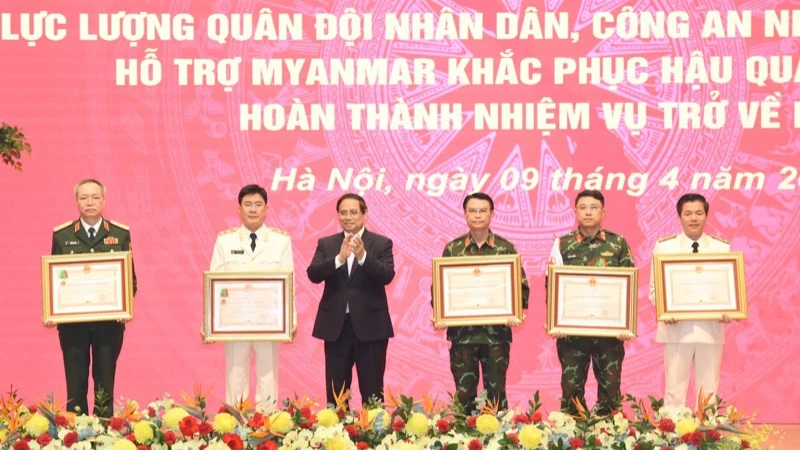

![[Photo] Prime Minister Pham Minh Chinh commends forces supporting Myanmar in overcoming earthquake consequences](https://vstatic.vietnam.vn/vietnam/resource/IMAGE/2025/4/10/e844656d18bd433f913182fbc2f35ec2)
![[Photo] April Festival in Can Tho City](https://vstatic.vietnam.vn/vietnam/resource/IMAGE/2025/4/10/bf5ae82870e648fabfbcc93a25b481ea)



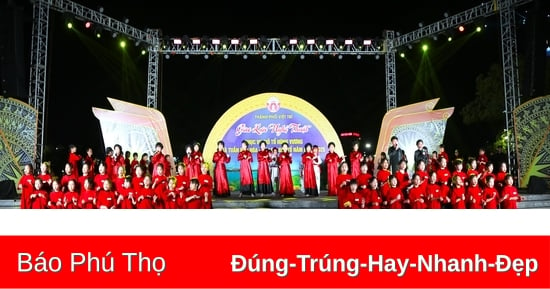




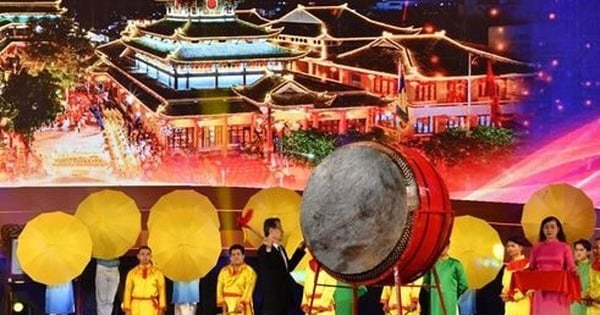






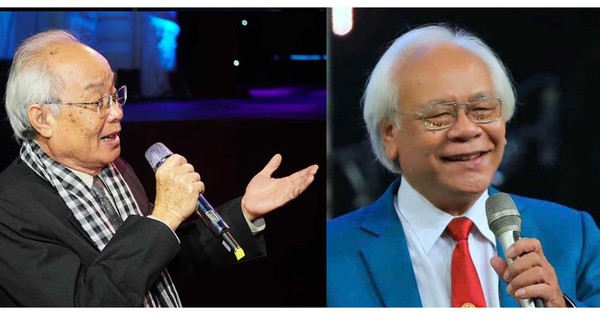
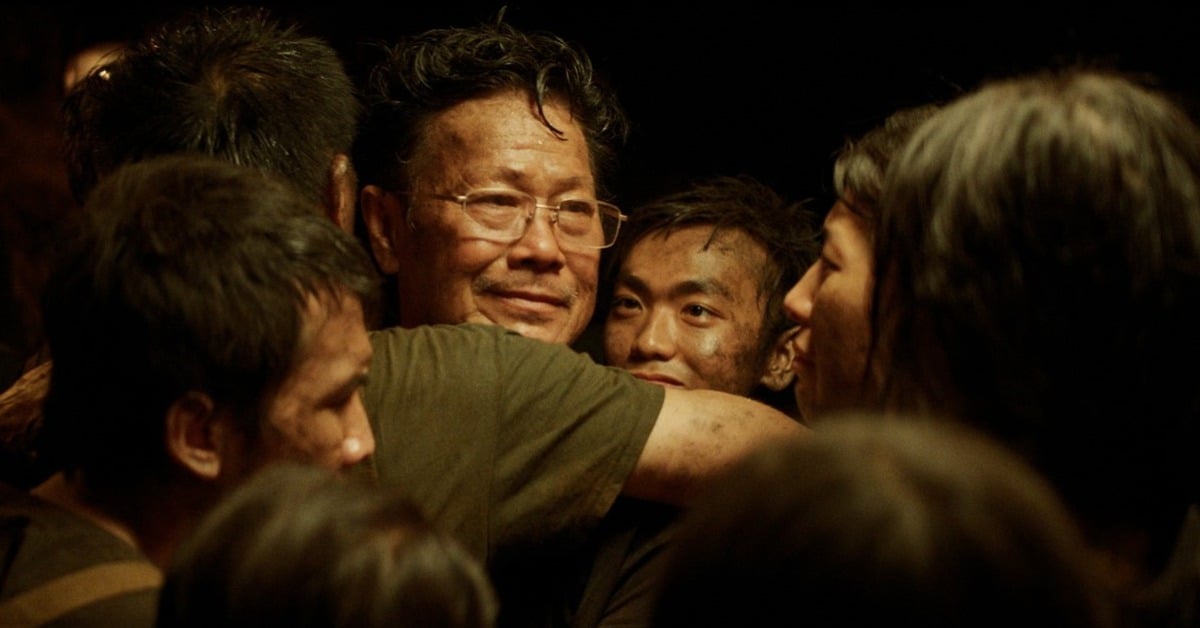









![[Photo] Reliving the heroic memories of the nation in the program "Hanoi - Will and belief in victory"](https://vstatic.vietnam.vn/vietnam/resource/IMAGE/2025/4/10/19ce7bfadf0a4a9d8e892f36f288e221)


















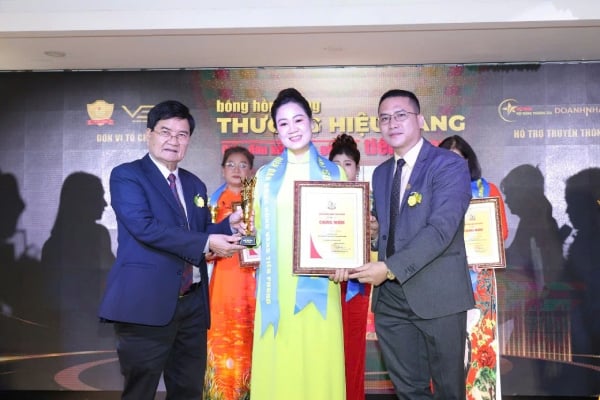



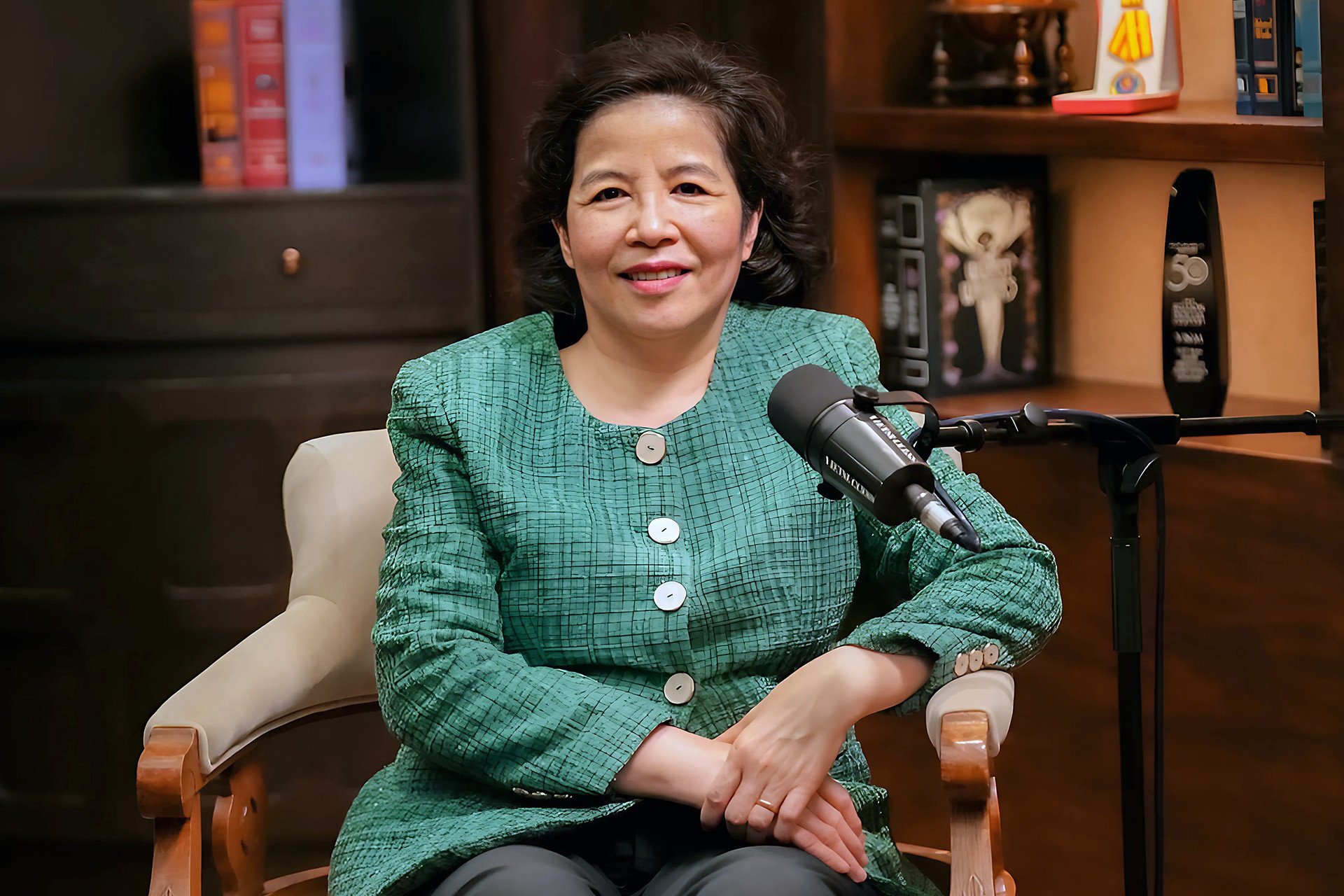





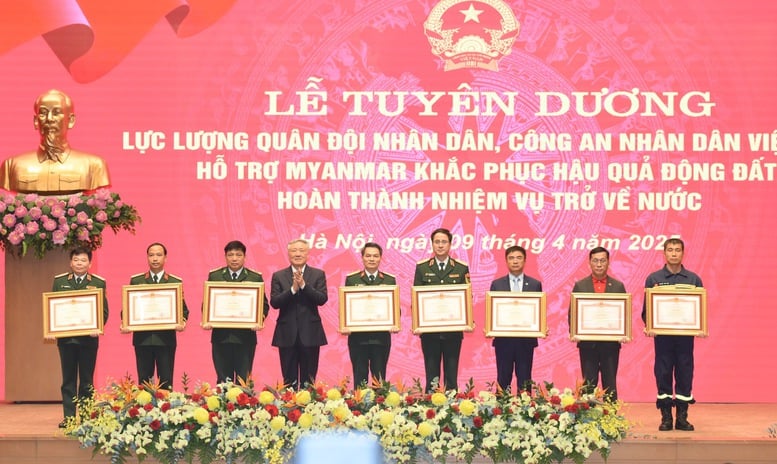



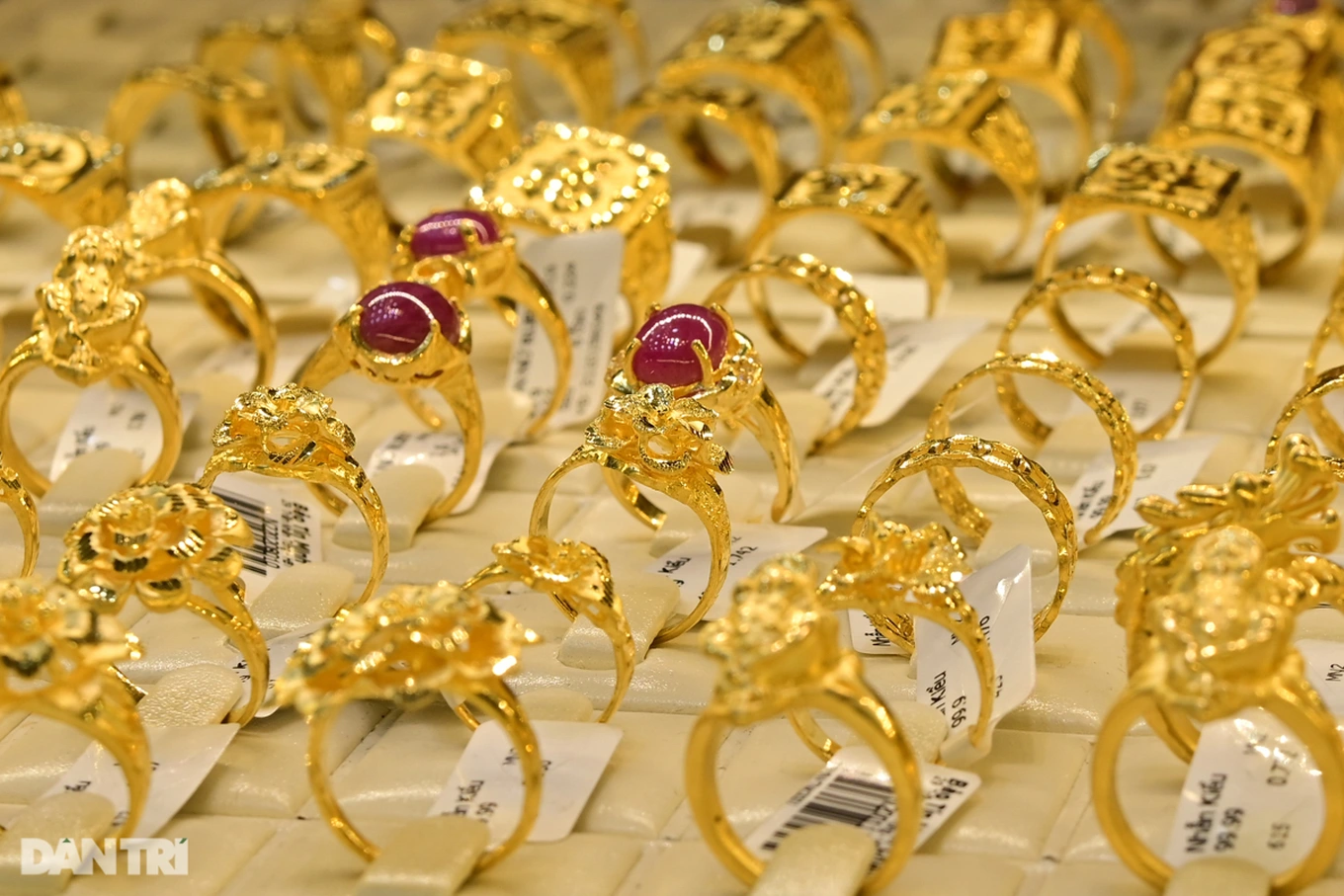




























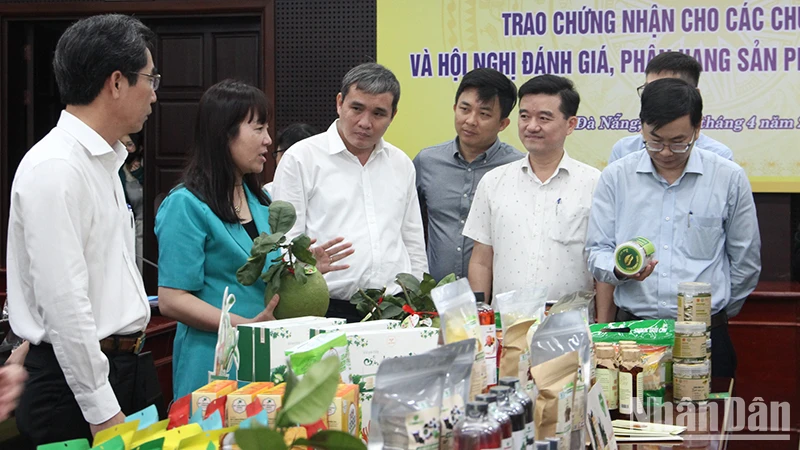
Comment (0)